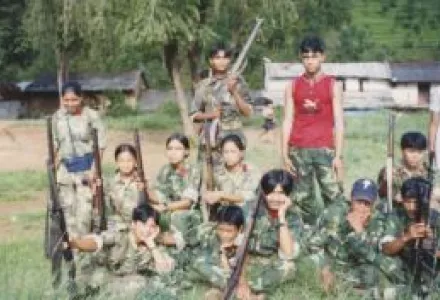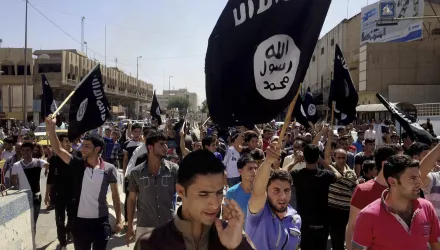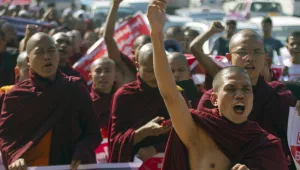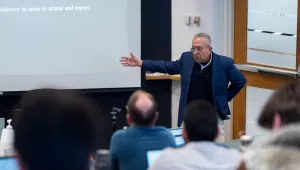From Eastern Europe to South Africa to the Arab Spring, nonviolent action has proven capable of overthrowing autocratic regimes and bringing about revolutionary political change. In fact, recent research suggests that nonviolent movements are more than twice as effective in achieving their goals than violent ones. So why do some political movements nevertheless believe it necessary to take up arms? Can they be convinced otherwise? In this seminar, Ches Thurber will examine why political movements that seek to overthrow the state come to embrace a strategy of either armed insurgency or civil resistance. Drawing from case studies of revolutionary movements in Nepal as well as cross-national quantitative analysis, he argues that characteristics of a movement's base of popular support—its size, organization, and networked structure—influence the movement's perceptions of the relative effectiveness of violent versus nonviolent tactics and consequently shape its strategic behavior. The findings have implications for policymakers who have an interest in better predicting where protests are more likely to turn violent or in encouraging groups to embrace nonviolent methods.
Please join us! Coffee and tea provided. Everyone is welcome, but admittance will be on a first come–first served basis.




